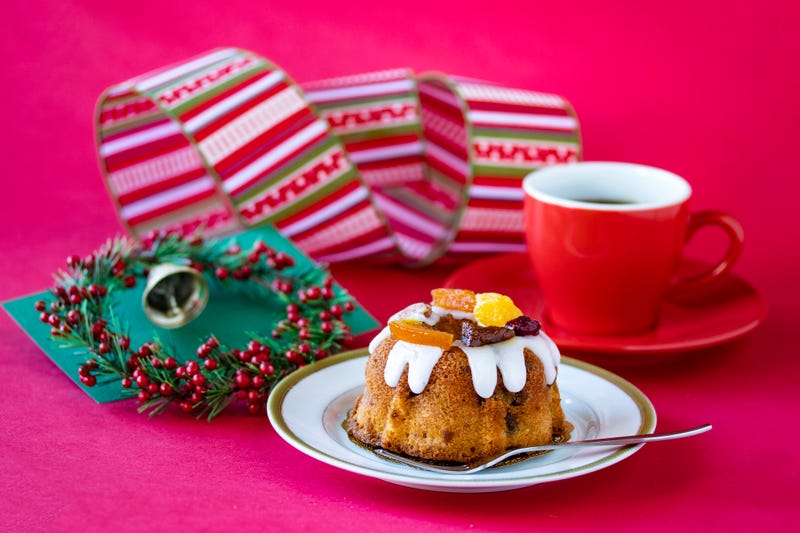
Have you ever agreed to go to a holiday party just so you could enjoy some sugar-filled deserts?
If you just nodded in agreement, your part of the estimated 48% who also said yes, per a poll cited last month by the New York Post. While you may have company, that doesn’t mean you don’t have anything to worry about. Those sweet treats can bring you a high, but that could also bring on a “hangover.”
These hangovers can “feel just as bad or even worse” as those brought on by two many cocktails or glasses of eggnog, Melanie Murphy Richter, a registered dietician nutritionist in Los Angeles, Calif., told USA Today.
What does sugar do to your body?
According to Harvard T.H. Chan School of Public Health, the digestive system turns carbs found in deserts and many other favorite holiday foods into sugar, which then enters the bloodstream. When people eat simple carbs from foods that are already sugary their blood sugar can rise quickly.
This also leads to faster “insulin secretion from the pancreas – which can have negative health effects,” said the school of public health.
As people consume sugary treats – whether it be a chocolate Santa, a candy cane or a slice of pie – they can feel an initial burst of energy and pleasure as the release of a neurotransmitter called dopamine is triggered. That burst can dissipate almost as soon as it appears.
“You can’t have the high without the crash,” said Richter.
Headaches, fatigue and thirst can all be symptoms of a sugar hangover, she said.
Sugary drinks like sodas and some hot chocolate can also make the spike and drop happen even faster since they don’t have to be broken down by the digestive system.
A sugar cocktail can have a double hangover impact.
If people eat more sugar than their bodies can handle, their bodies might produce insulin so fast that their blood sugar drops dramatically, explained Dr. Brittany Bruggeman, a pediatric endocrinologist and assistant professor at the University of Florida College of Medicine. In addition to hangover-like symptoms that drop can be dangerous for people with pre-diabetes, type 2 diabetes and polycystic ovary syndrome.
Other signs include feeling shaky, sweaty, tired and dizzy, as well as brain fog. Richter said some people can also have diarrhea because sugar pulls water into the gut and can loosen stool.
“Excess sugar that isn’t absorbed by your body will also sit in your bowels where bacteria will break it down (a process called fermentation), which causes gas, bloating and cramping,” said USA Today.
While sugar takes your body on a carnival ride, it can also push it into fight or flight mode and raise levels of the stress hormone, cortisol. Even though sugar can trigger dopamine release, cortisol can block production of both dopamine and serotonin, another chemical that makes us feel happy, relaxed and satisfied.
Tips to avoid a sugar hangover
While eating too much sugar does have risks, experts agree that there are ways to indulge your holiday sweet tooth without paying for it by feeling sick.
Here are some tips we gathered from USA Today and British Vogue:
· Eat a meal full of protein, fiber and fats before filling your plate with sugary desserts to slow down glucose uptake
· Eat sweets that have other nutrients, such as pecan pie
· Try to get a bit of moderate exercise after eating a lot of sugar (maybe there’s some snow to shovel or gifts to haul out to cars)
· Try to limit your sugar intake outside of holiday parties where you know you can get your favorite treats
· Start off your day with hot water and lemon to get some vitamin C
· Eat gut-healthy breakfasts and avoid sugar in the morning
· Avoid dairy, caffeine and high intensity exercise if you’re already nursing a sugar hangover
· Try an LED light mask or hydration sheets to soothe skin inflammation from sugar
